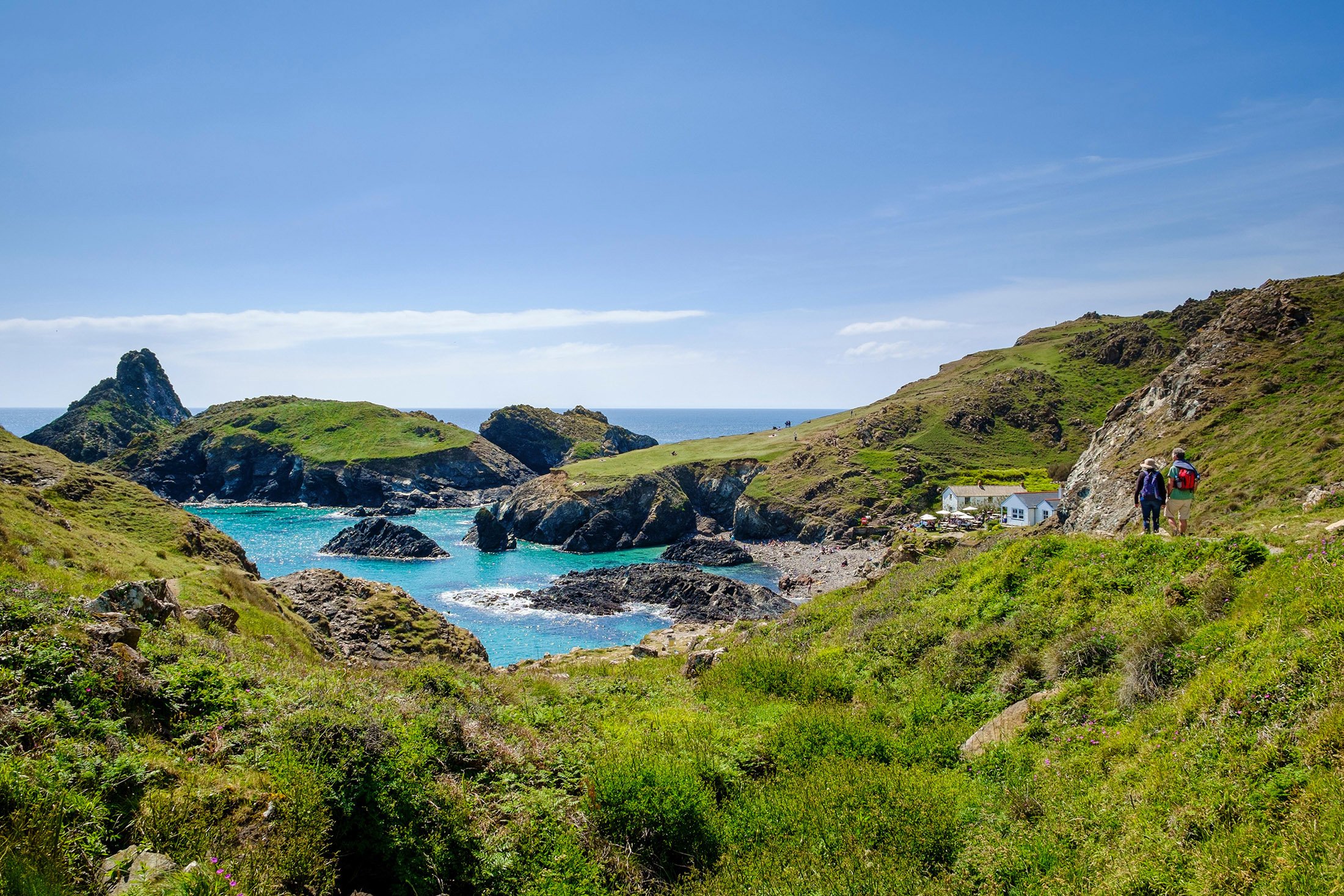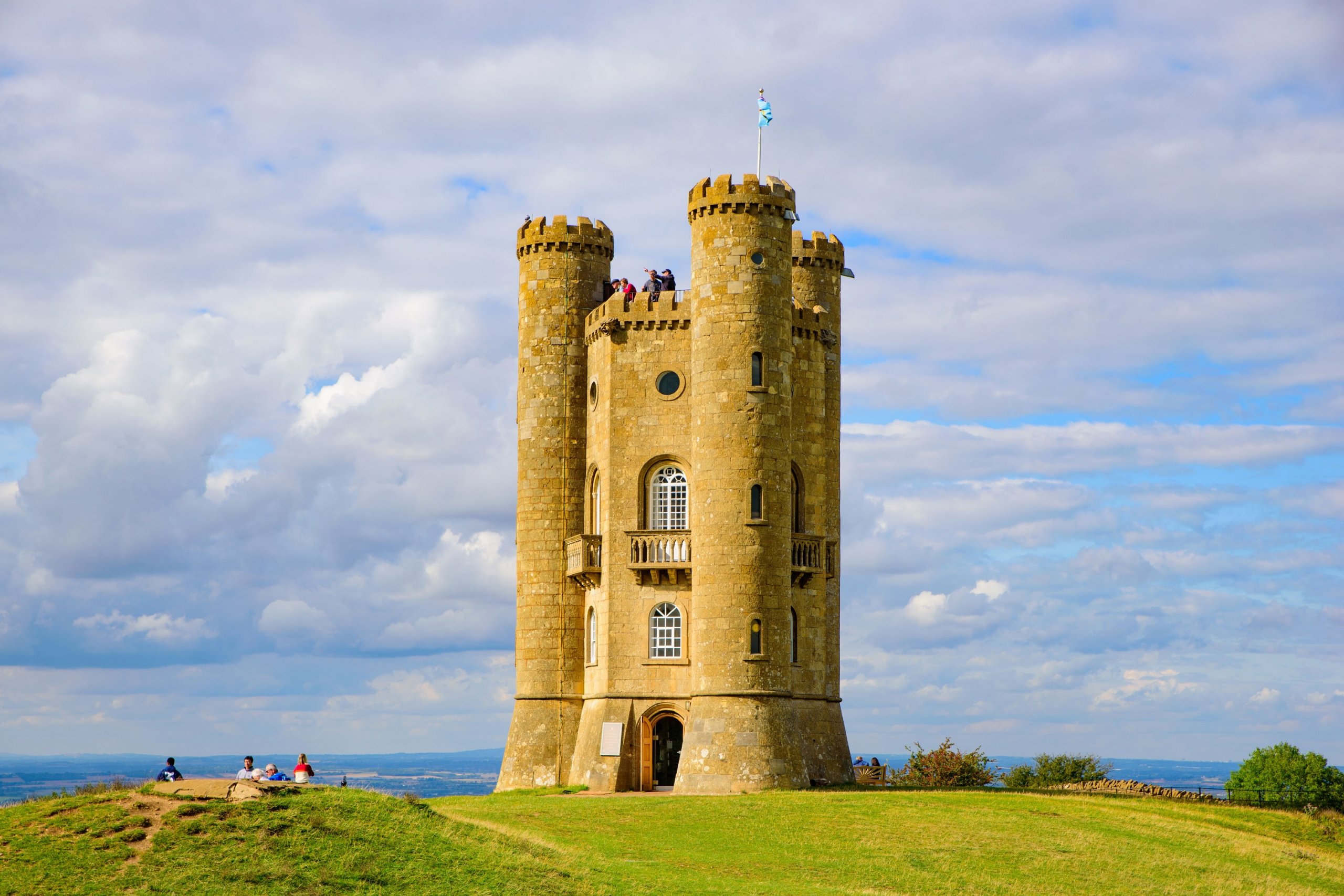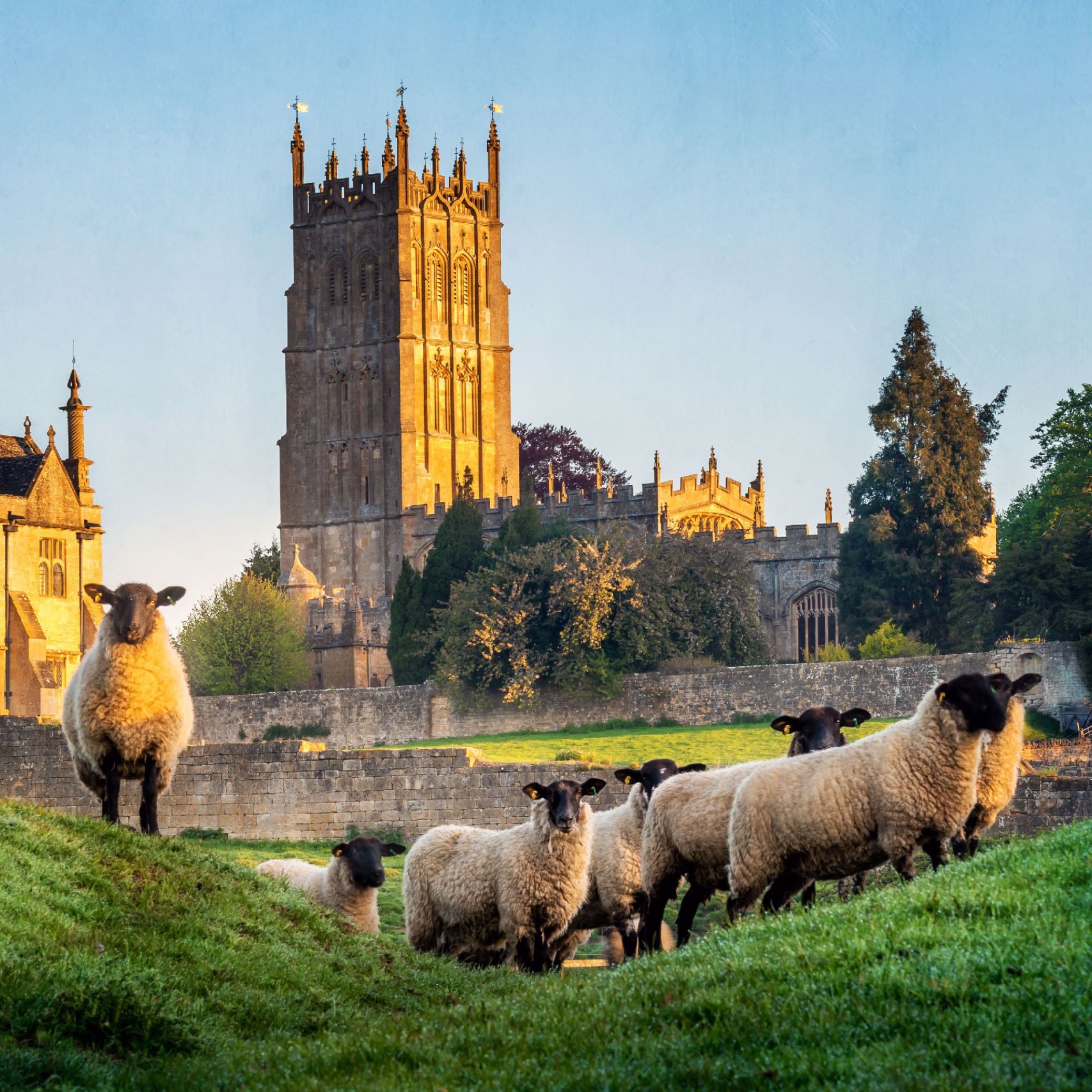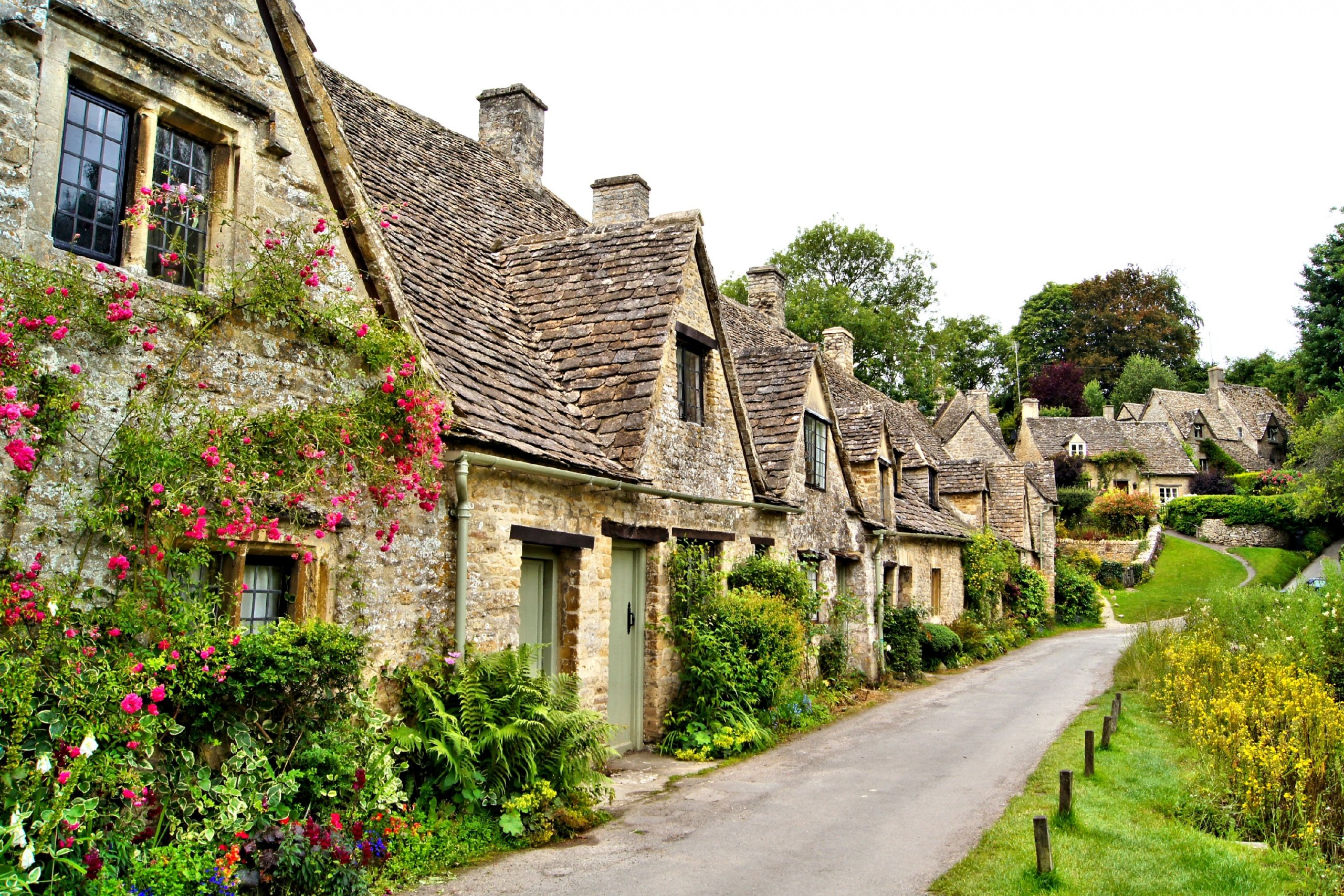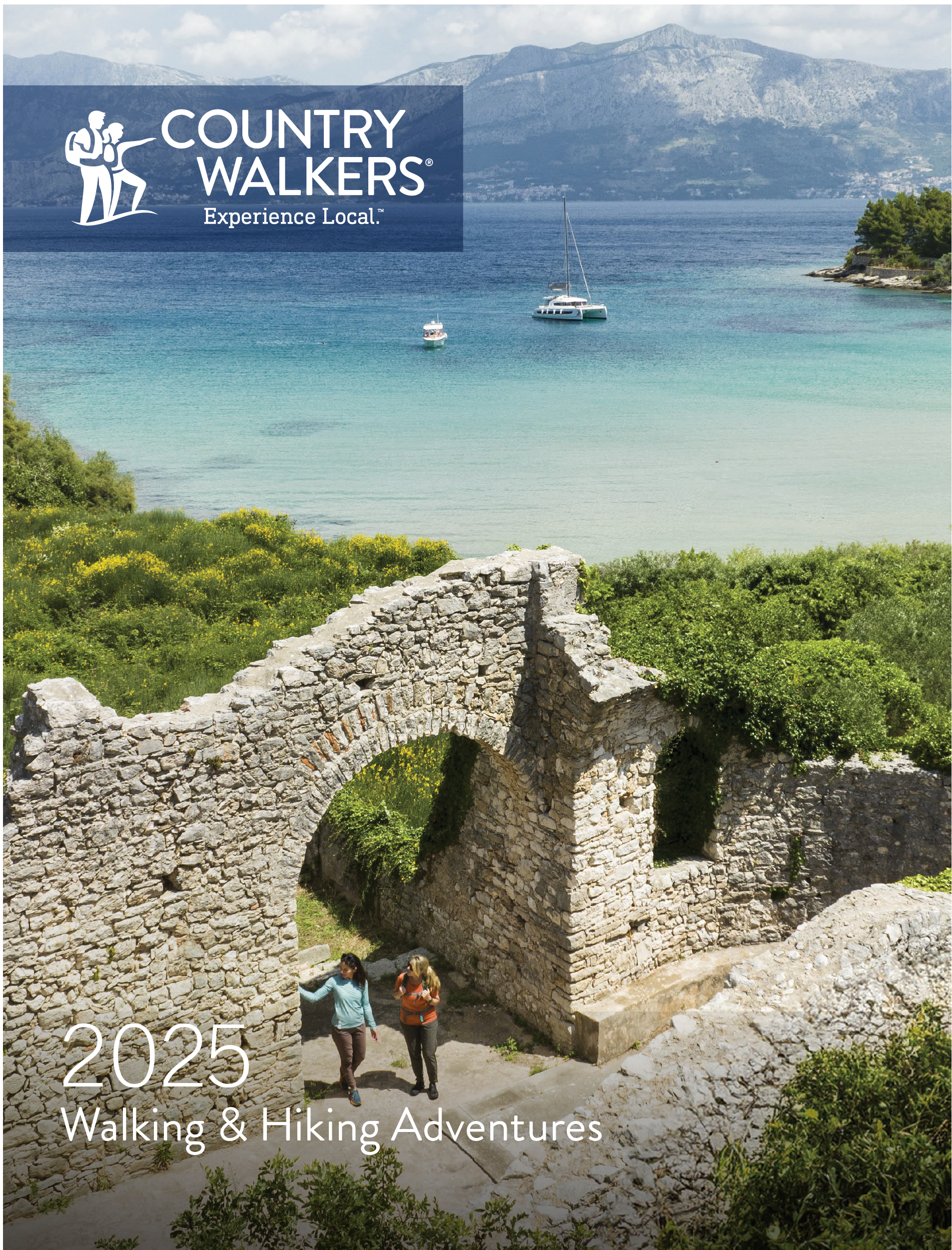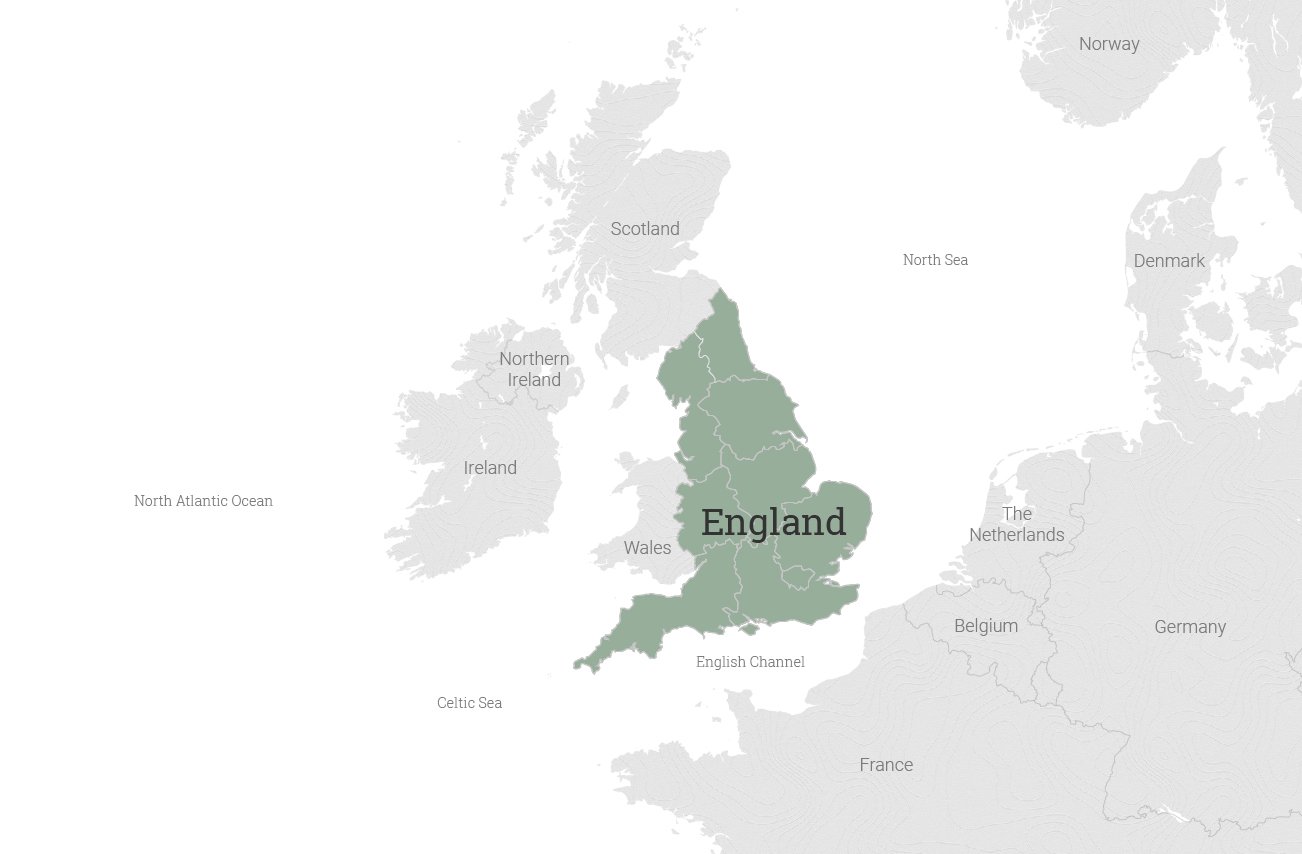

England: The Cornwall Coast
Self-Guided Walking
Subtropical beaches might not be the first thing you think of when picturing England, but Cornwall is full of surprises. Among the turquoise waters of the Cornish coast, you’ll find smooth beaches, sultry palm trees, and high-end seaside hotels.
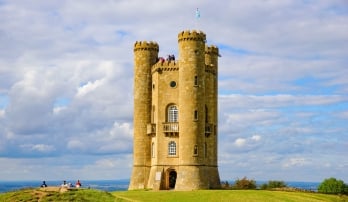
England: The Cotswolds
Self-Guided Walking
If you’re looking for a private vacation in England’s famous Cotswolds region with stays in truly lovely, high-class hotels, this self-guided adventure is for you! Some days, you’ll walk from inn to superb inn—enjoying charming English hotels dripping with history, high-end amenities, and quintessential British character.
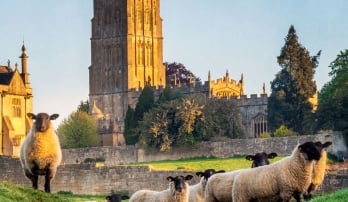
England: Bath & the Cotswolds
Guided Walking
They say the beauty of England’s Cotswolds region is second to none—and nobody delivers the authentic Cotswolds like Country Walkers. Our local leaders bring the Cotswolds to life through hidden nooks, delightful walks, and the quintessential charm of English hospitality.
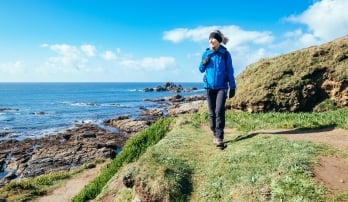
England: Cornwall & the South West Coast Path
Guided Walking
From the rugged cliffs and charming fishing villages of the north, to the white sand beaches and aquamarine waters of Cornwall’s serene south, we designed this unique walking vacation to explore all four corners of Cornwall’s famous South West Coast Path.

England: Bath & the Cotswolds
Guided Biking
There’s no need to hurry through England’s Cotswolds—this well-paced cycling vacation gives you time to savor the journey. From the moment you meet your local trip leaders, you’ll feel right at home in this bucolic countryside of rose gardens, thatched-roof cottages, and green meadows dotted with white lambs.
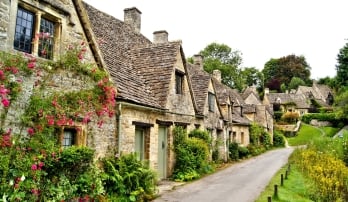

England: Oxford & the Cotswolds
Self-Guided Biking
Savor the unspoiled Cotswolds at your own pace during this inn-to-inn self-guided biking tour through one of Britain’s most celebrated Areas of Outstanding Natural Beauty.


England & Scotland: Lake District to Edinburgh
Guided Biking
If you’re looking for a cycling trip to England and Scotland that takes you far from the madding crowd, this is the one! With VBT’s insider access to remote corners of the British Isles, we’ll lead you over hill and dale through some of the most coveted regions of England and Scotland.
Discover England
Far from the whirl of London, England’s heart beats strongest out in the countryside. To wander the soaring hills, blue lakes, and limestone plateaus of counties like Cheshire, Essex and Bronte County is to forget the present day entirely.
Spend your days hiking trails across miles of unspoiled pastureland in the Cotswolds, where low hillocks merge with bustling market towns and traditions like afternoon tea and evening pints of stout were fostered long before they were shared with the rest of the world. The wild forests of the Lake District are stirring—with mountain peaks, plunging waterfalls, and simple country cottages. Sunny Cornwall offers gentle sea breezes, grassy headlands, and acclaimed cuisine.
Walking in England, you will happen upon as many thatched-roof stone cottages as you will remnants of castles, palaces, and stately homes—architecture that dates from the Iron Age to the Middle Ages and all epochs in between. It’s a landscape so tranquil and charming that it gave rise to a canon of literature all it’s own in the works of poets like Wordsworth and Coleridge.
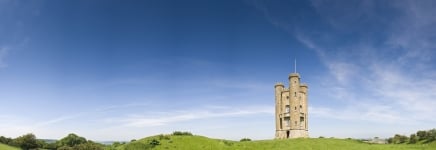

Country Highlights
- Walk in the footsteps of Wordsworth at Grasmere Vale.
- Recall another rewarding day of countryside hiking amid jovial banter at a village pub.
- Cross the manmade causeway at low tide to explore St. Michael’s Mount.
- Hear the crash of the waves below from atop the cliffs at Land’s End.
- Wander the tidy streets of Bourton-on-the-Water, widely regarded as the most picturesque village in England.
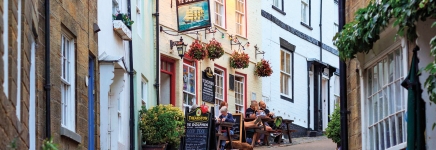

Hoist a Pint in a “Local”
A cheery alternative to the bar rooms of the world, the majority of British pubs evoke a family-friendly atmosphere where children are permitted, while adults carry on chats focused on village social and civic life in true celebration of community spirit.


‘The poetry of earth is never dead…’
Outdoor adventure, photography and literature converge in the Lake District like no other location in Europe. Follow in the footsteps of Keats, Hawthorne and Tennyson or visit the homestead of Beatrix Potter at Hill Top Farm.


Everything Stops for Tea
Complete with finger sandwiches, regal china, and scrumptious sweets, an afternoon “cuppa” can only truly be experienced in the quaint hillside towns that brought afternoon tea to the world. Take a pause from your adventures to appreciate the finer things.
Expert Local Leaders
Experience your destination like an insider with people who call it home.


Chris Berry
After completing a degree in zoology, Chris Berry began work as a Countryside Ranger in Nottinghamshire (Robin Hood Country) before moving to the East Coast of Yorkshire to manage portions of the spectacular Heritage Coast. In 1997 he obtained his dream job working as Lake District National Park Ranger. He lives with his wife Colleen and their two daughters in the isolated Bobbin Mill Cottage in the southern Lake District where he now runs his own business as “The Lakeland Guide,” offering walks and other activities in the surrounding national park.
Stories from England
View All Stories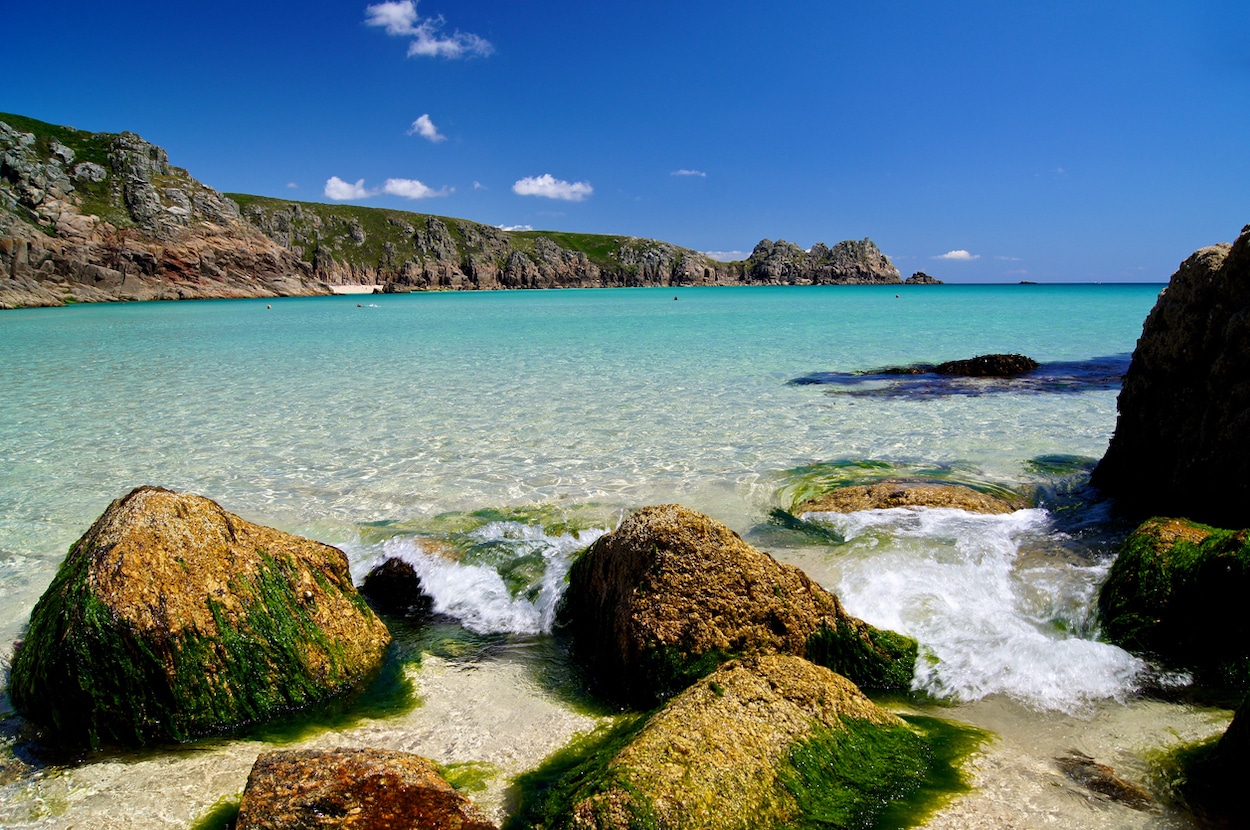

From North to South, Cornwall is Magic
On the Country Walkers England: Cornwall & the South West Coast Path Guided Tour, you’ll take a deep dive into Cornish culture—starting with the rugged northern shore of Cornwall with...
Read Story

Renew Your Romance with a Walking Adventure
If you’re looking to add a new spark to your long-term relationship, there’s nothing like a walking adventure to bring out a fresh and passionate aspect of your favorite person....
Read Story

10 Sustainable Travel Initiatives Supported by Country Walkers Guests
At Country Walkers, we’re passionate about sustainable travel—supporting a healthy planet as well as the local communities where our friends, guests, and colleagues live, work, and play....
Read StorySpeak with a Tour Consultant
Have questions? We’re here to answer them.
Mon-Fri 8:30 a.m. to 6:30 p.m. ET
Be the First to Get News & Special Offers




